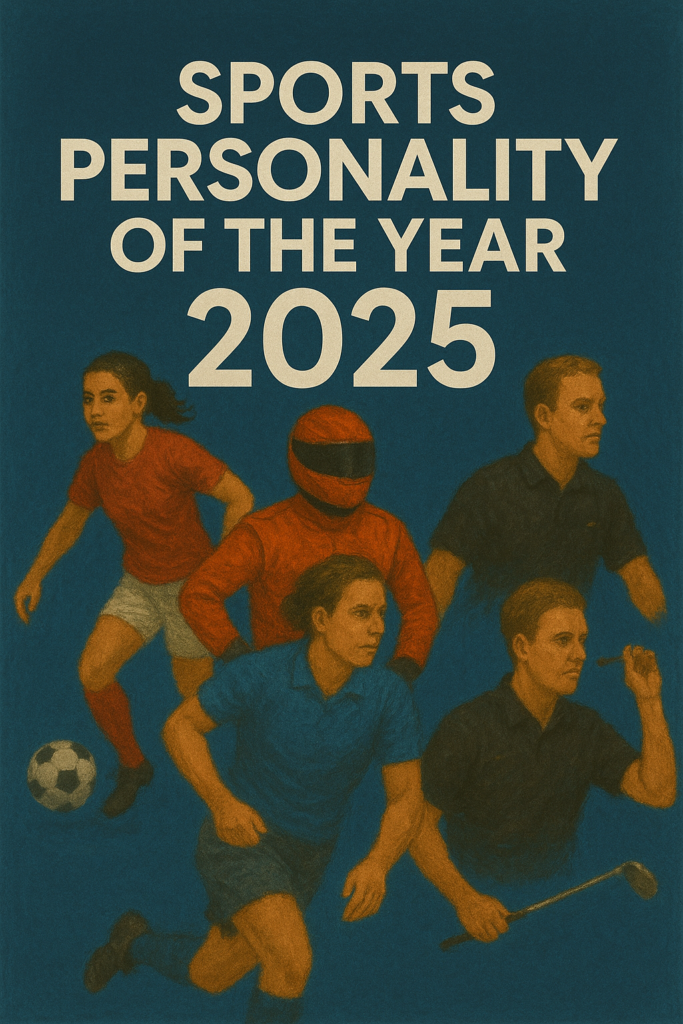Sports Personality of the Year 2025 Shortlist
 A shortlist of the six contenders for the BBC Sports Personality of the Year 2025 has now been announced. It is as follows:
A shortlist of the six contenders for the BBC Sports Personality of the Year 2025 has now been announced. It is as follows:
Chloe Kelly (Football)
Hannah Hampton (Football)
Lando Norris (Formula One)
Rory McIlroy (Golf)
Luke Littler (Darts)
Ellie Kildunne (Rugby Union)
England teammates Chloe Kelly and Hannah Hampton played pivotal roles in winning the Womens Euro 2025 final against Spain so it’s no surprise to see them here. Ellie Kildunne also contributed to what was a fantastic year for womens sport by scoring five tries in Englands 2025 Rugby World Cup campaign, which saw them winning the tournament for the third time.
Elsewhere, Lando Norris as the new Formula One world champion has certainly earned his place too, and Rory Mcllroy made this the year he achieved a grand slam of golf’s four majors, which is a rare achievement in itself. He was runner up at the Sports Personality of the Year awards in 2014 after winning the Open Championship, PGA Championship, and helping Europe win the Ryder Cup that year.
Rounding off this diverse bunch, is 17 year old darts sensation Luke Littler who also featured on the 2024 spoty shortlist finishing runner up (the equal best sports personality placing for any darts player – with Phil Taylor also placing runner up in 2010). Can he go one better this year after winning the World Matchplay, Grand Prix, Grand Slam of Darts and Players Championship Final.
At time of writing here are the winner betting odds for the Sports Personality of the Year Awards 2025:
Rory McIlroy – 1/2
Lando Norris – 4-1
Chloe Kelly – 9-2
Luke Littler – 18-1
Hannah Hampton – 33-1
Ellie Kildunne – 50-1
It’s certainly looking good for Rory mcllroy at this stage, in his bid to go one better than his spoty runner up placement from more than a decade ago.